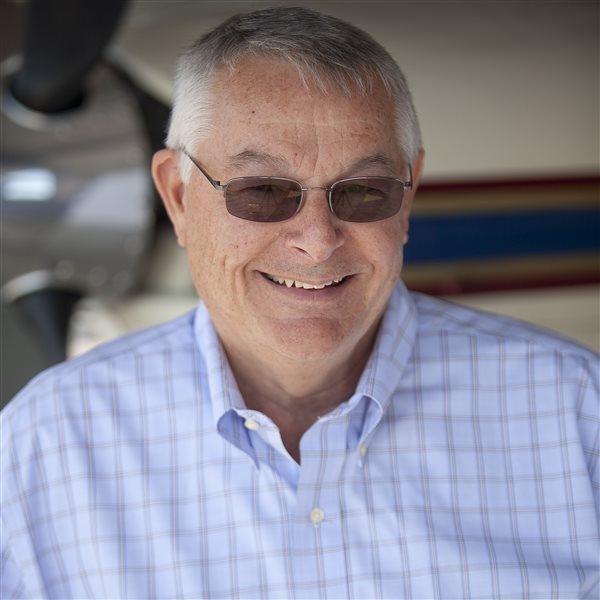Does increasing automation mean decreasing professionalism?
Christopher A. Hart, acting chairman of the National Transportation Safety Board, returned to an issue he has espoused since 2011 in a speech to the National Business Aviation Association convention in Orlando Oct. 21, noting that automation of aircraft and other transportation vehicles has contributed to decreasing professionalism as seen in accidents of recent years.
His first gave an example he said demonstrated a lack of pilot skills. When investigating the Asiana Airlines Flight 214 landing accident of July 2013 in San Francisco, Hart said he was “amazed to learn that a 10,000-hour pilot was nervous about doing an approach into San Francisco on a beautiful, clear, sunny day with negligible wind on an 11,000-foot runway because the glideslope was out of service and he was doing it manually.” He said a 10,000-pilot is not an expert if 9,000 of those hours were on autopilot. “That’s well documented that skill can decline because of automation.”
He also cited the crash of Air France Flight 447 flying near thunderstorms from Rio de Janeiro to Paris as an example of lack of knowledge. “[They] froze not one, not two, but three pitot tubes, so when he lost his pitot tubes, he lost his airspeed information. When he lost his airspeed information he lost his autopilot and he lost his autothrottle, and he lost his alpha protection. [Alpha refers to angle of attack information needed to prevent aerodynamic stalls.] Here’s a situation where the automation was so complicated that these two pilots didn’t really understand it. Not only that, but they had never seen a failure of airspeed even in training.” He also said the crew had never flown manually before because the law requires use of an autopilot above 29,000 feet.
“I want to go beyond skills and knowledge, which is a huge issue to be sure, and I want to look at attitude [and] in particular, professionalism.” He cited another example of a Northwest Airlines crew so distracted that they overflew their destination of Minneapolis by 150 miles in March 2010. “Here’s probably the worst example of lack of professionalism,” he said.
“How do we design this whole human-machine system to work better so we don’t lose the professionalism in the humans who are doing this?” he said. He added that his remarks were meant as food for thought by the aviation industry.



